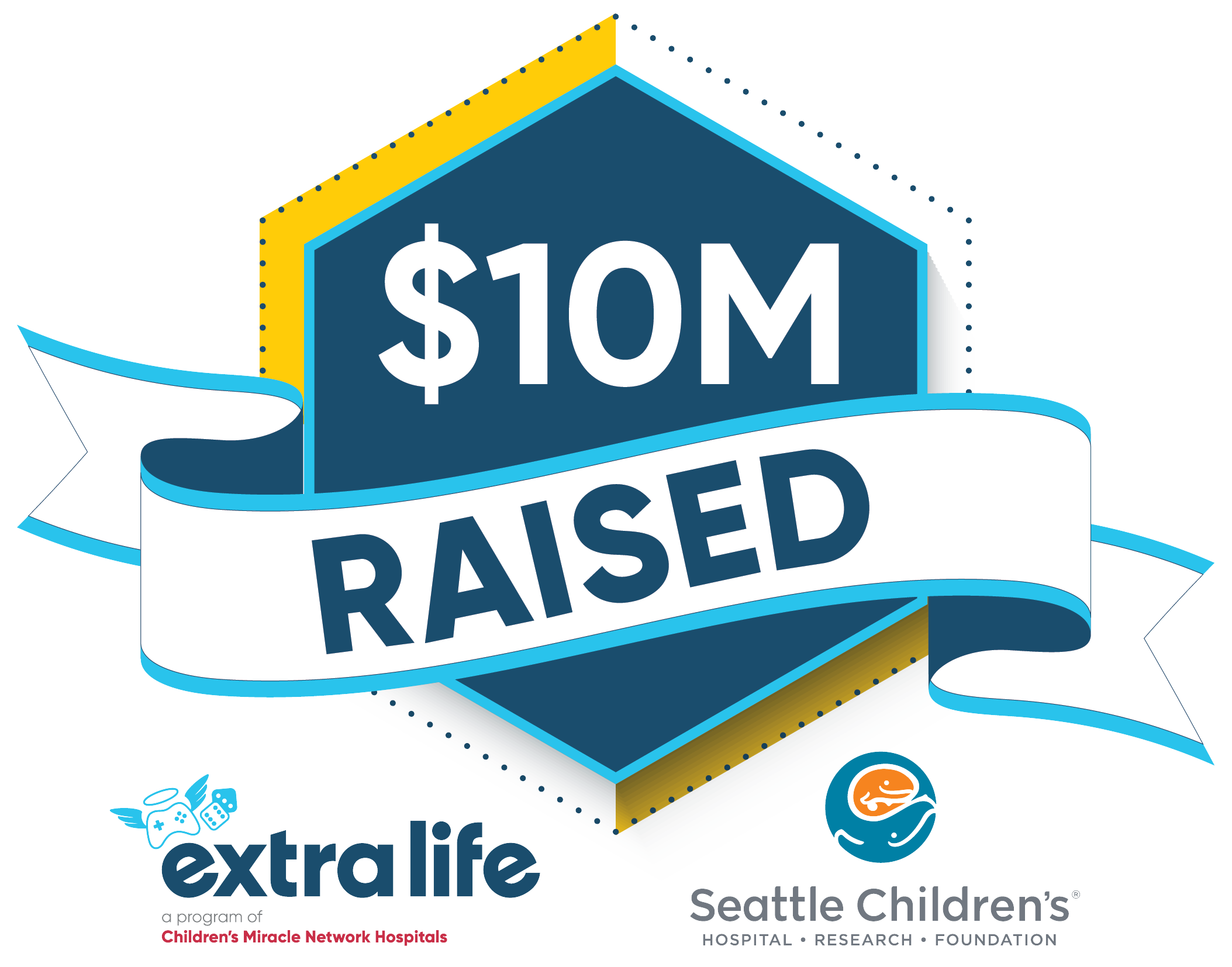June 19 is Sickle Cell Awareness Day
June 19th is World Sickle Cell Awareness Day. This international awareness day is observed annually with the goal to increase public knowledge and an understanding of sickle cell disease, and the challenges experienced by patients and their families and caregivers.
Sickle cell disease is a group of blood conditions that affect hemoglobin (HEE-moh-GLOH-bin), the part of red blood cells that delivers oxygen to cells in the body. The genes that cause the disease are passed from parent to child.
Healthy red blood cells are round, soft disks. In sickle cell disease, red blood cells start out normal but become curved, shaped like a sickle. They are hard and sticky and can clog blood vessels. This causes pain and blocks blood flow.
Sickle cells do not last as long as healthy red blood cells. The body cannot make new red blood cells fast enough to replace them. This can cause low levels of red blood cells (anemia). One of the most serious forms of the disease is called sickle cell anemia.
In the United States, most people with sickle cell disease are of African or Hispanic heritage. But the disease can affect anyone, especially people of southern European, Middle Eastern or Asian Indian heritage.
At Seattle Children’s, our multidisciplinary team works to help assure children with sickle cell have full, active lives. Seattle Children’s Sickle Cell Program brings together experts from many fields to care for all aspects of your child’s health. We work to support your child at home, at school and in the hospital. We teach about the disease, give preventative screenings and provide the most up-to-date treatments, including cure with stem cell transplant.
We work with you, your child, your family and your child’s primary provider to get your child the right care and services. We provide most of our care and teaching at Seattle Children’s Odessa Brown Children’s Clinic (OBCC) in Seattle’s Central District.
For more information, call the sickle cell nurse practitioner at OBCC, 206-987-7263. To make an appointment, call 206-987-7402.





